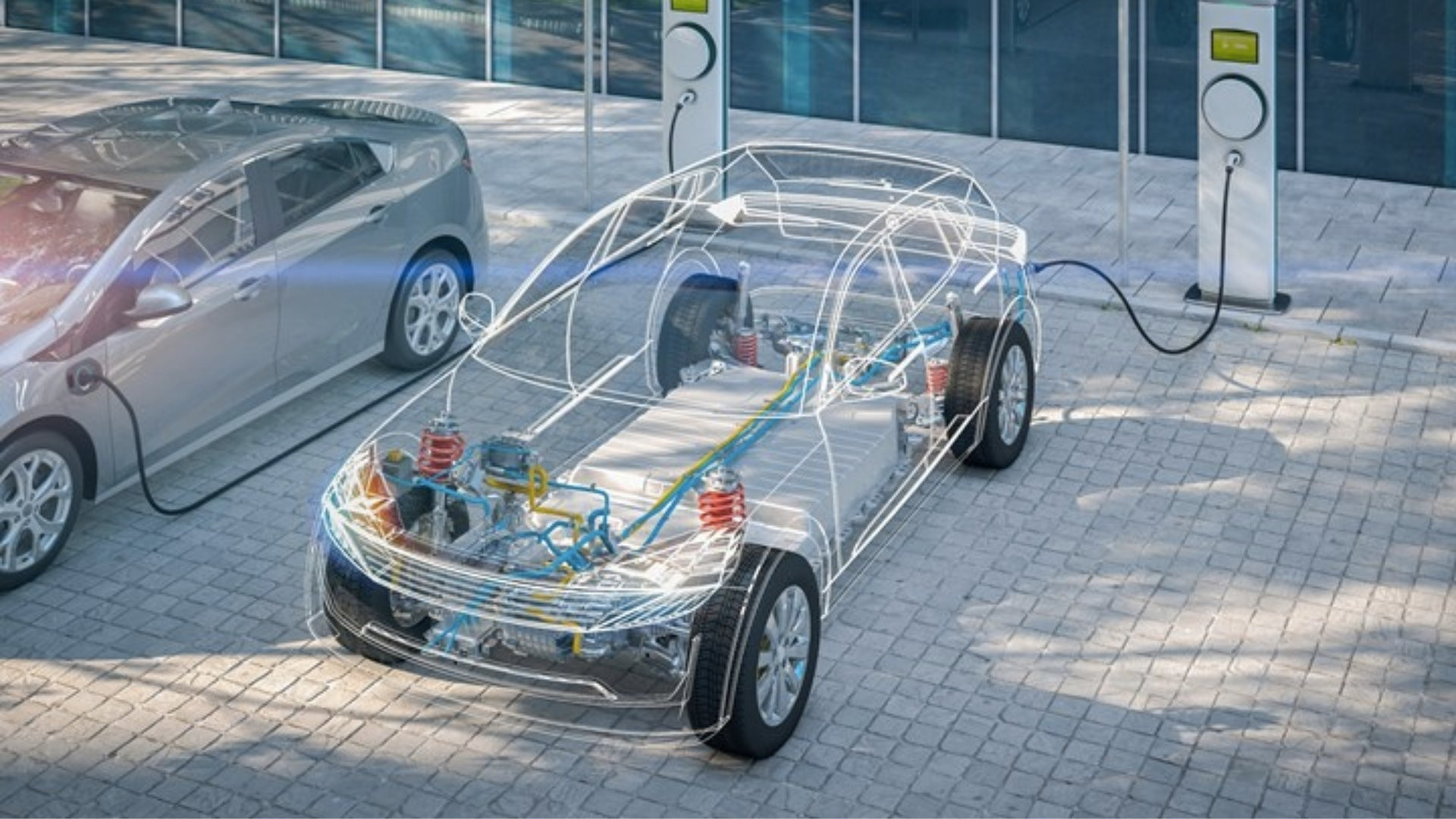
Fast Charge, driving range, battery-pack, range anxiety - are the new buzz words in the automobile industry. The automotive sector is seeing the kind of revolution in the early 20th century when IC-powered vehicles shaped the modern definition of mobility. From automotive giants like BMW, JLR, VAG to relatively new players such as Tesla, Rivian, Canoo - paving the way for EVs. Adding to this wave is the FAME scheme (Faster adoption & manufacturing of Hybrid and EV) by the Government of India. All these phenomenons point in one direction: electric vehicles are inevitable.
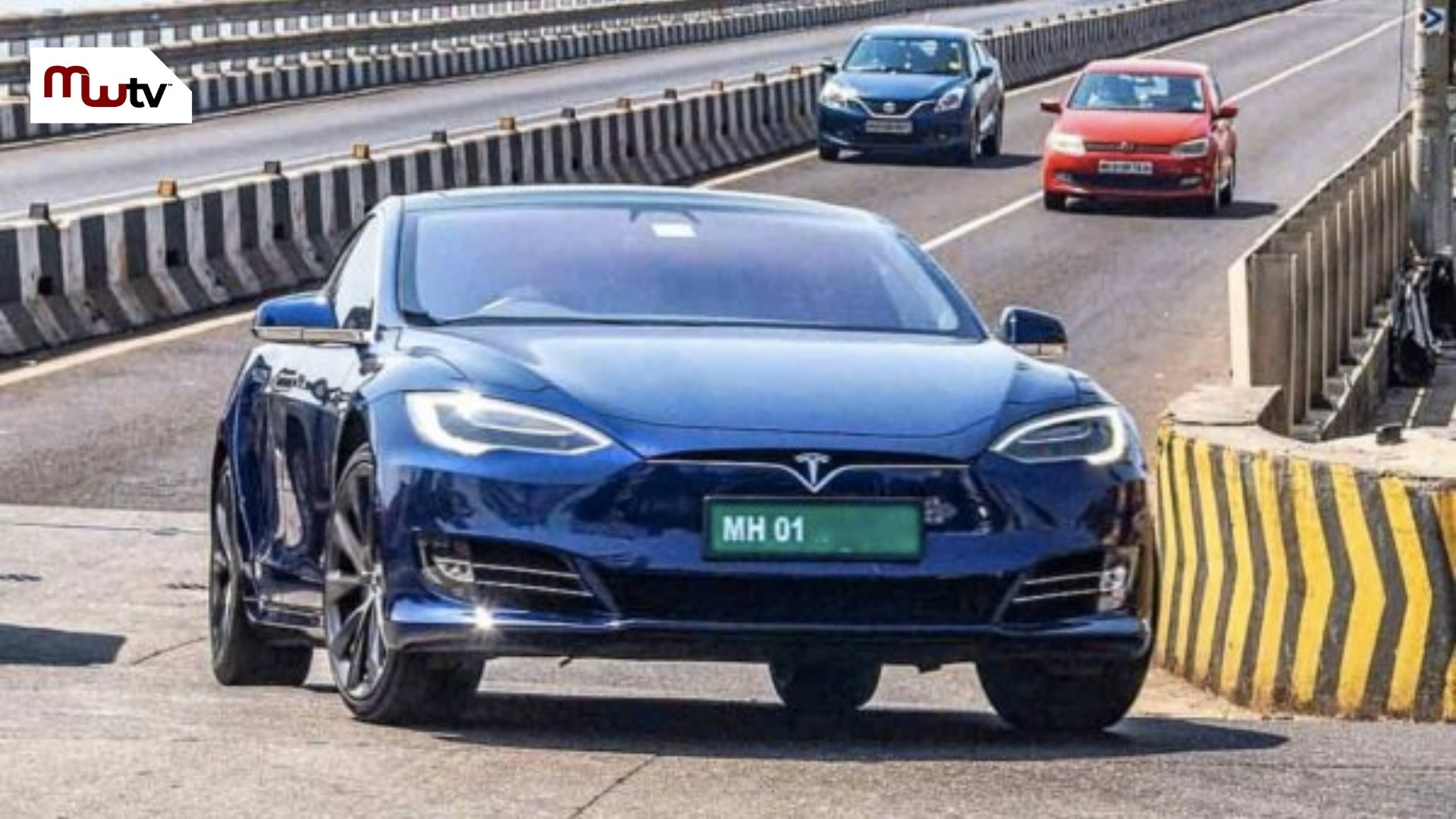
What is an electric vehicle?
Unlike vehicles with internal combustion engines, which have thousands of moving parts, EV is more straightforward and cleaner. It consists of a battery pack that needs recharging from an external power source and an electric motor that essentially drives your car without emissions. The average efficiency of an internal combustion engine is 17-21%, whereas an electric vehicle can convert 59-62% of the grid energy to vehicular movement, which is far more efficient than an average petrol/diesel-powered car.
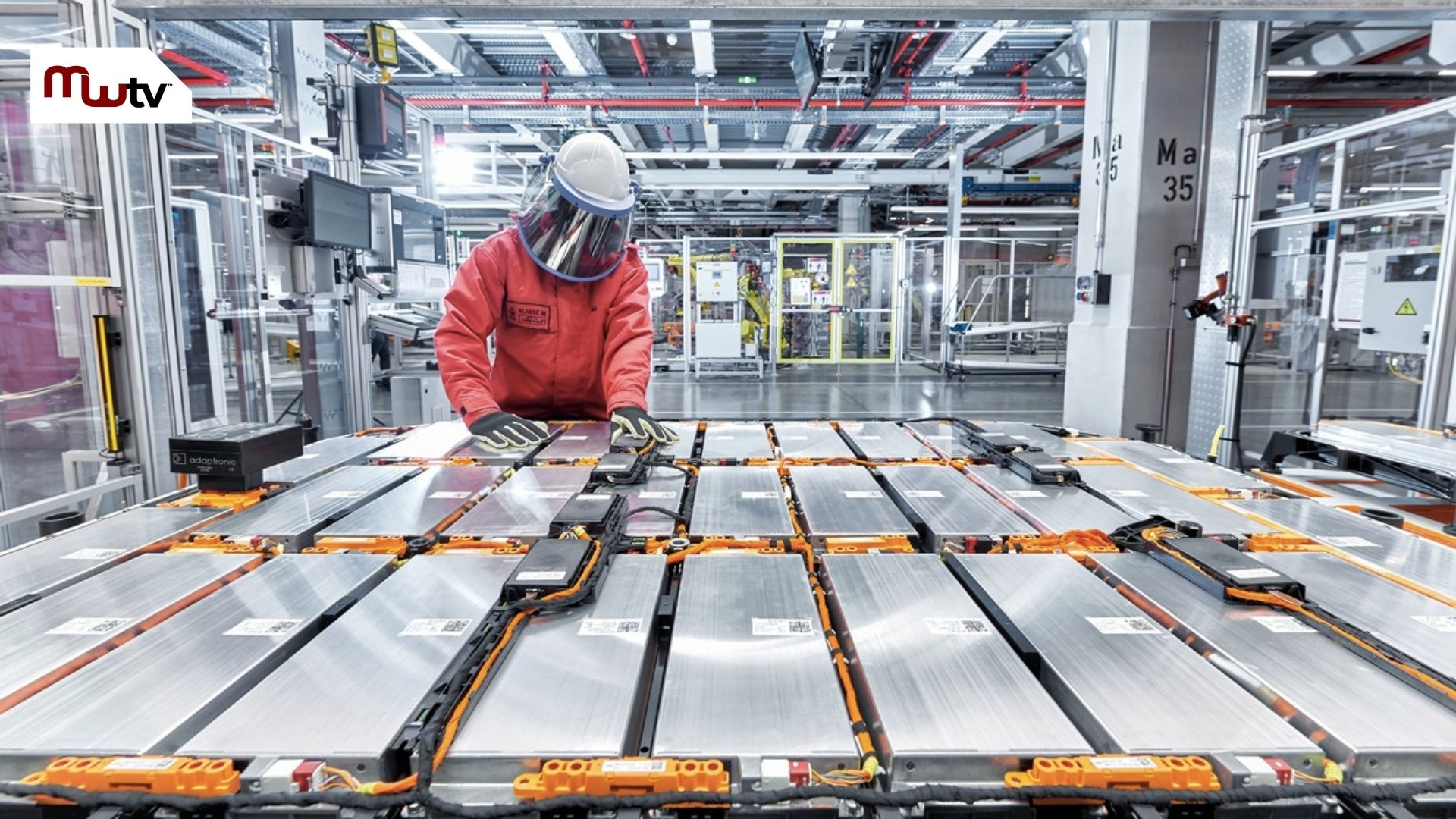
History
Electric Vehicle technology is not a recent development; it existed much before the internal combustion engine became mainstream. EV developments started in the mid-1800s, and by 1900, 1/3rd of the vehicles running in the US were electric. If they were so popular back then, what made them disappear? There are two theories to it-
A. The driving range, the cost of making an EV & the advancements in IC engines made fuel-powered vehicles more accessible to buyers.
B. The State & the big oil companies established a cartel and never allowed the space for EVs to co-exist because of their vested interests.
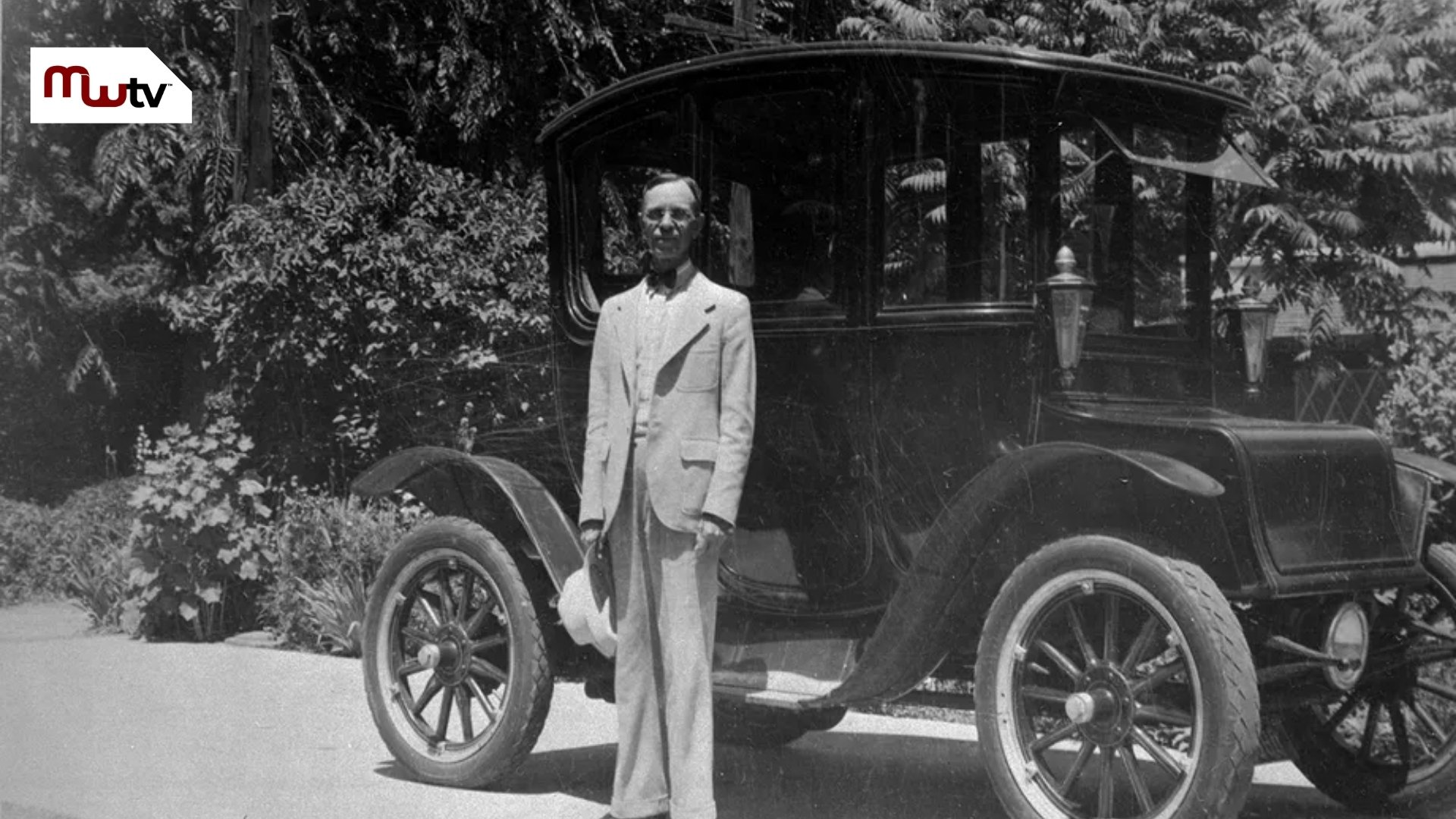
Why are EVs the future?
As per United Nations IPCC's 5th assessment report, the temperature has risen by 0.85 C compared to 1880. The sea level will increase by 62cm by the year 2100 if we go by the current rate of environmental exploitation. The transport sector alone is responsible for 24% of the global pollution, where EVs come in to address global warming. Many manufacturers have laid the road map to the EV ecosystem, e.g., Volvo & JLR announcing to all-electric by 2030, Audi by 2033, GM by 2035. Not just in the global market, but India is also experiencing a slew of launches from Indian manufacturers such as Tata & Mahindra, and also from big German's Audi E-Tron, Mercedes EQC, and the likes. The time is not far when the EV technology will trickle down to the mass market players as EVs have some inherent advantages to offer-
- Zero exhaust emission, zero noise pollution
- Lower running cost especially when oil prices are soaring
- Lower maintenance cost owing to far lesser moving parts
- The convenience of charging at home
- Many tax and financial benefits
- Rapid depletion of oil reserves
- Availability of instant torque right from 0 RPM
- Lower center of gravity because of placement of battery on the floor
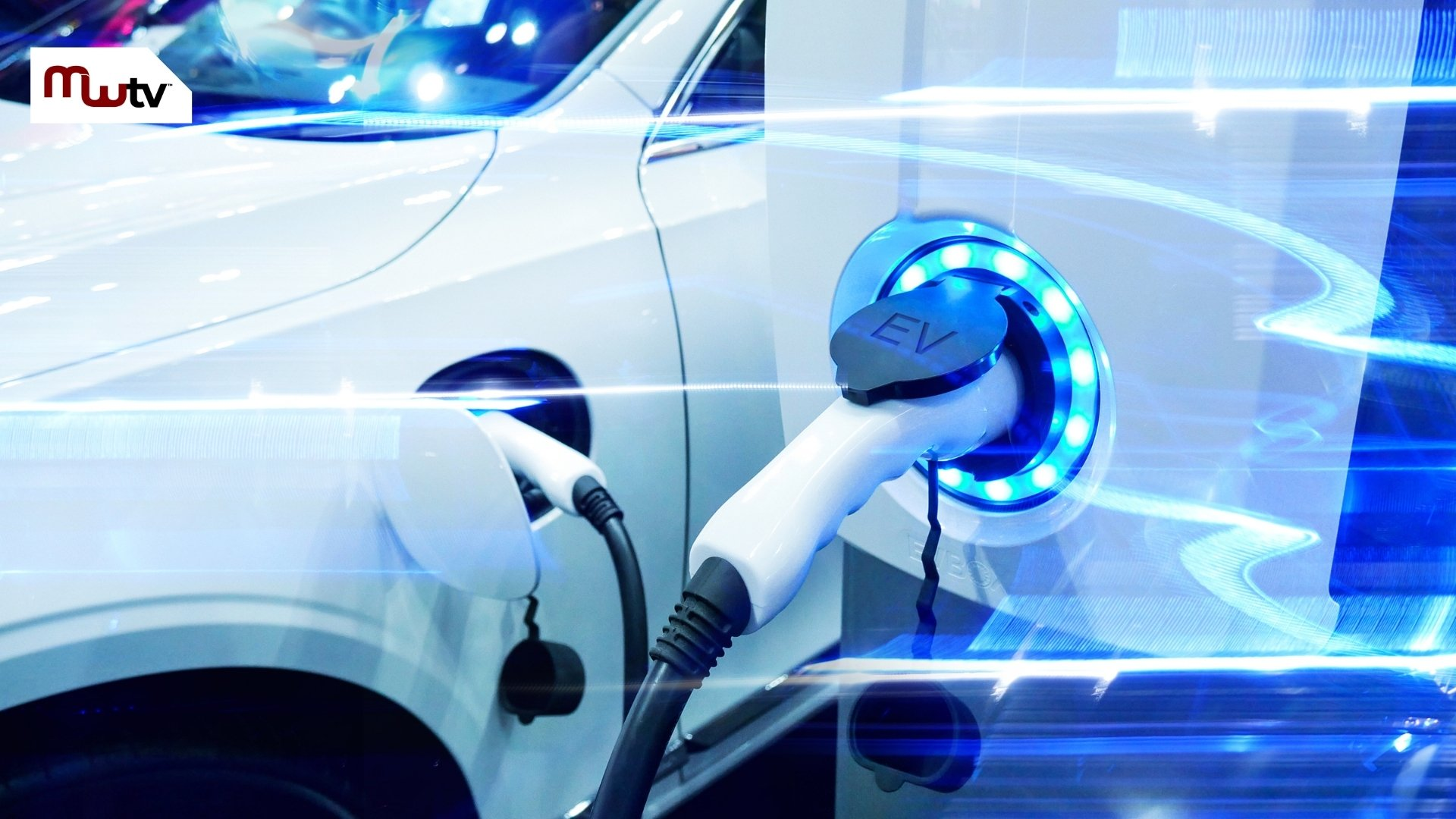
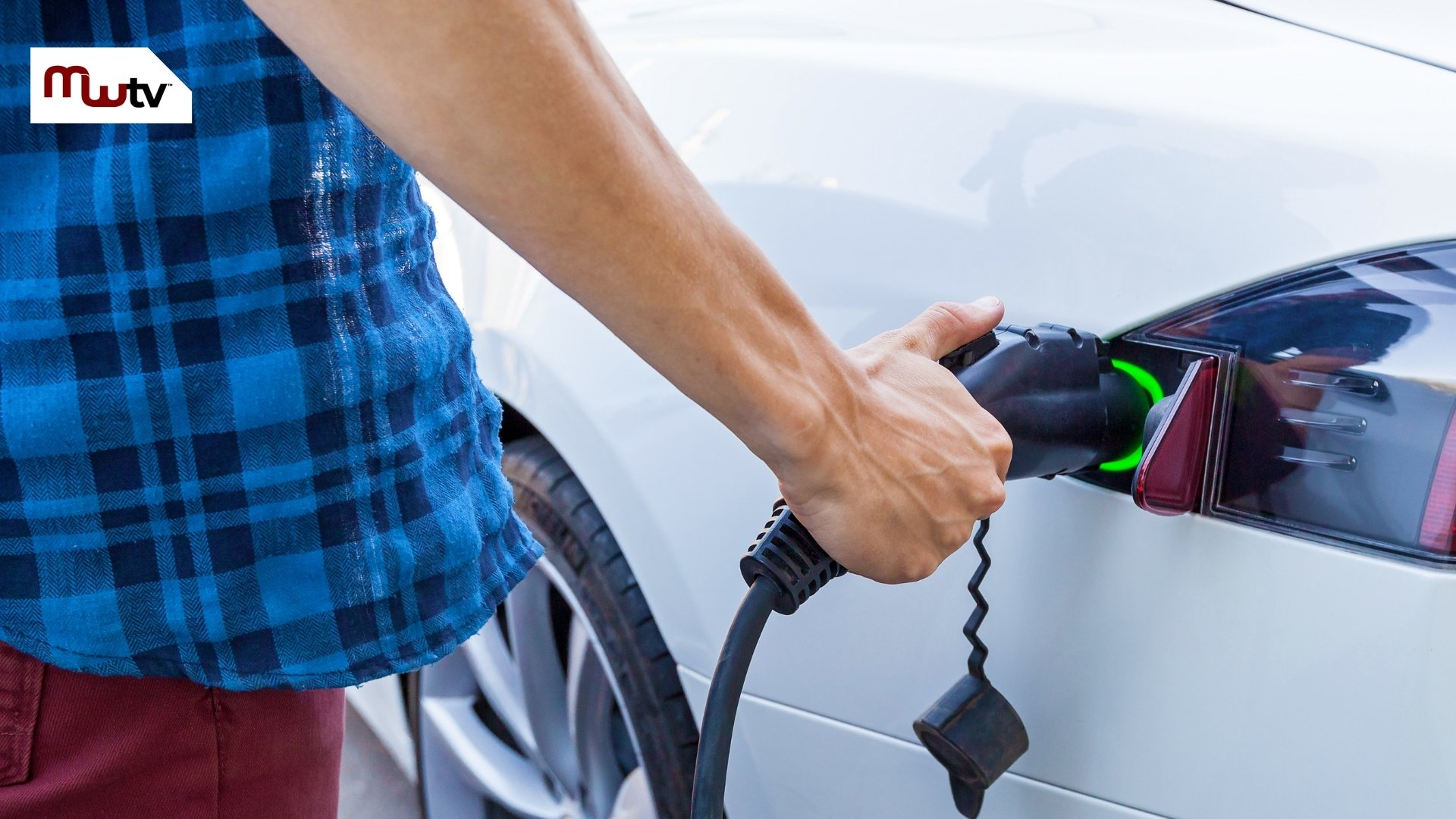
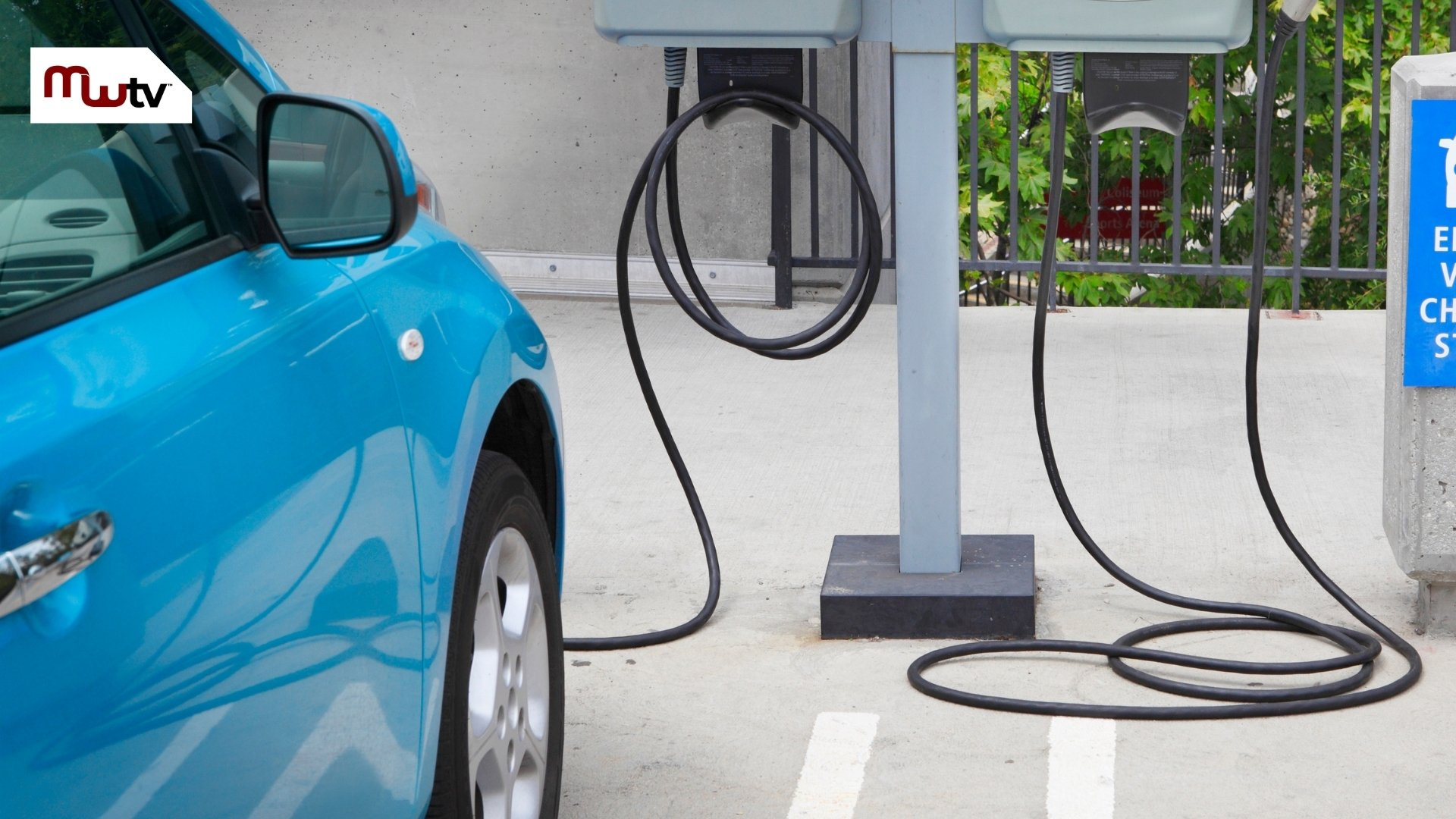
Are EVs the perfect solution?
However, everything is not as rosy as it appears, the most preferred battery technology is the Lithium-ion cells, and it requires Lithium, Cobalt, Nickle, etc. The biggest concern is the availability, as most lithium reserves are with Chile, China, Congo & Australia. More than that, it's the ethical mining processes that raise important questions about its sustainability. Like any mining process, lithium mining is invasive; it damages the landscape, destroys the water table, pollutes the earth's surface. The Democratic Republic of Congo supplies 60% of the global Cobalt demand, and most of them employ children in the mines because of laxity in the laws & cheap labour. So, our EVs are not as green as we might think of them.

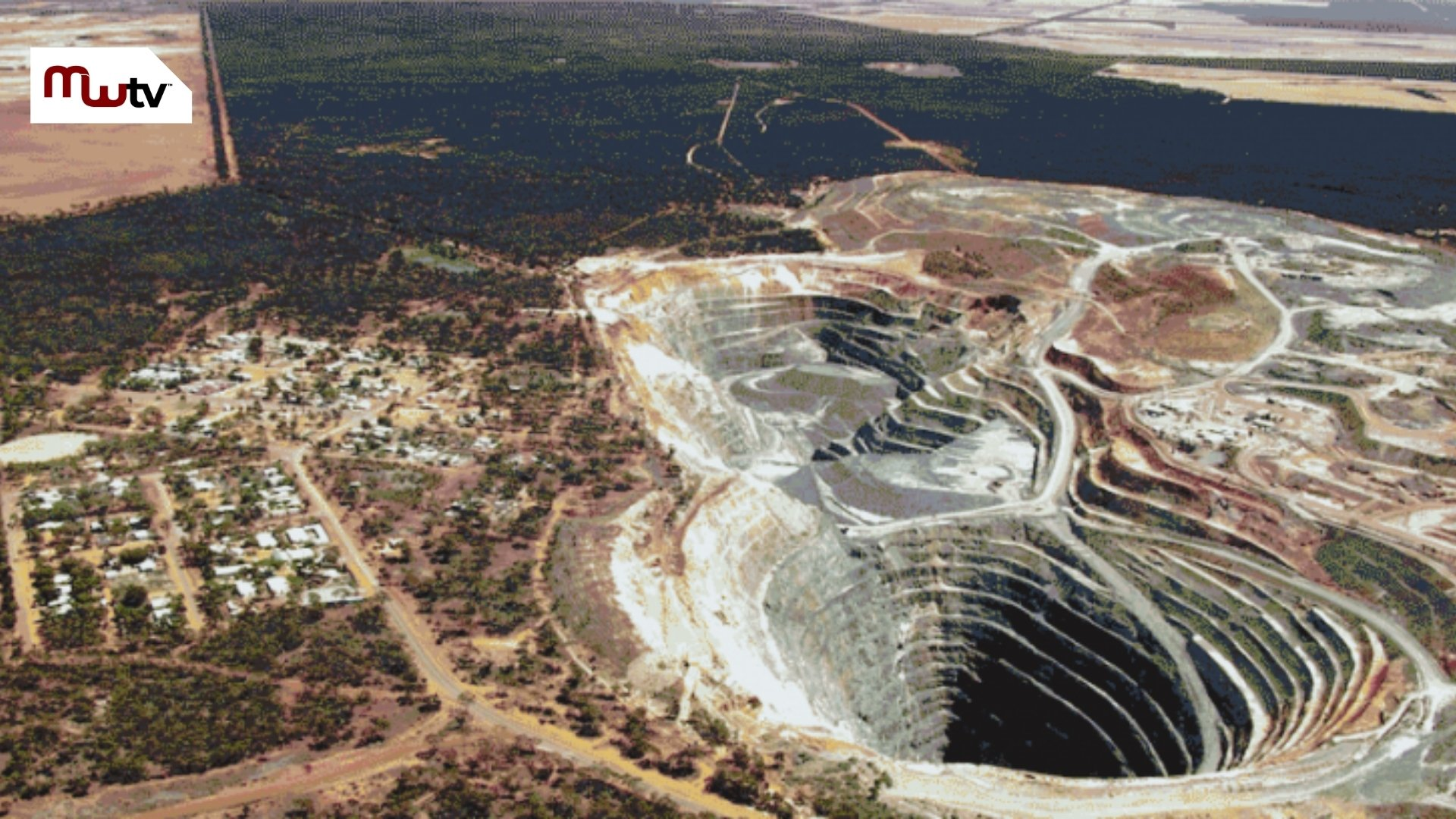
EVs have other fair shares of concerns like:
- Range anxiety, mass-market EVs still don't offer driving range like their IC counterparts
- Ultimately, most of the electric energy to power EVs is coming from fossil fuel-based sources
- Lack of charging infrastructure, especially in developing countries like India
- DC fast chargers still can't compete to refuelling time of an IC powered vehicle
- Expensive technology and most of the components in India are imported
Way forward
History has shown us that every technological advancement brings opportunities and challenges. Electric Vehicles will play the role of a keystone in shaping our future mobility. Right now, the automobile industry is at the doorstep of transforming itself into the intelligent mobility sector. The way we ride, drive & commute will be revolutionized with the developments in connected car technologies and autonomous driving. The future is all about intelligent transportation where AI-based vehicles can communicate with other cars, pedestrians, and the smart city infrastructure managing roads, traffic, and parking. It's no more about driving from point A to point B. It's everything in between.
Should you buy one?
If you want to be an early adopter, want that exclusivity, and be a part of the revolution of the automobile industry, go ahead and buy one. But if you're going to make it a do-it-all one-car garage, then it's better to wait for a few more years.
What are your views on EVs? Have you bought one? Are you considering buying one?
Let us know in the comments section below.
Thinking of buying a premium EV such as Mercedes EQC, Audi e-Tron or any of these?
Get in touch with MWTV on 9423369888.

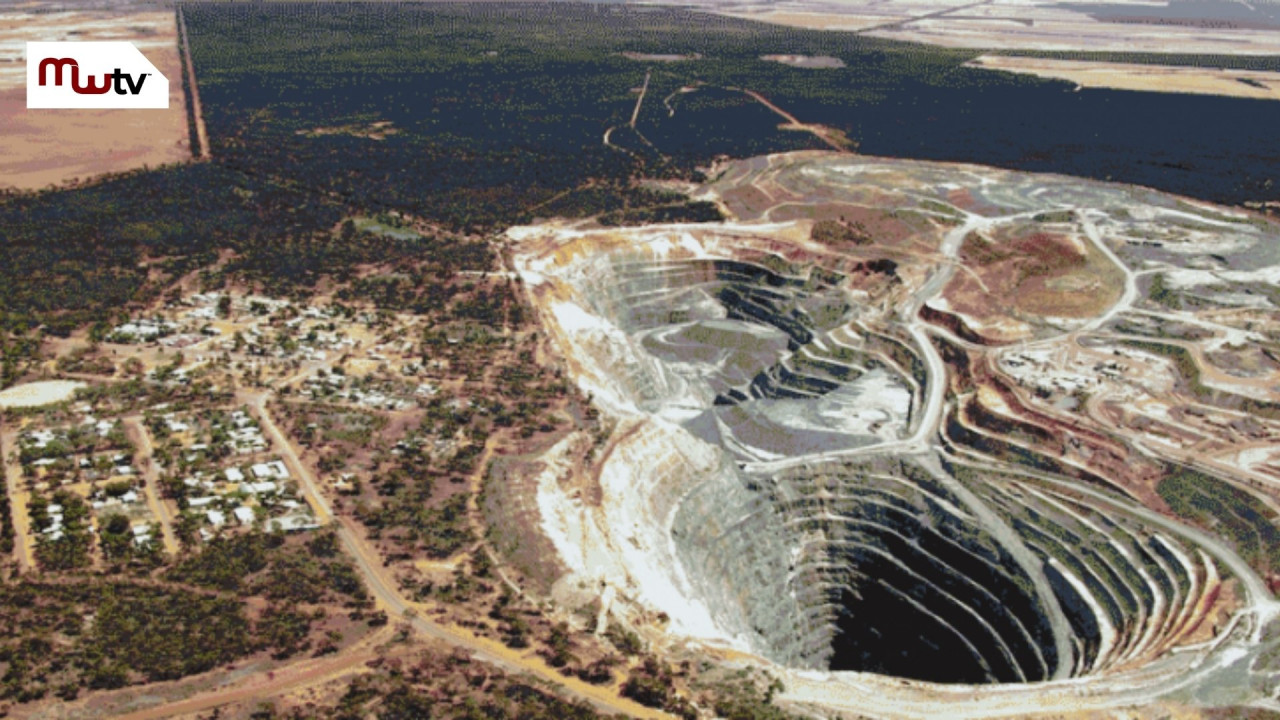

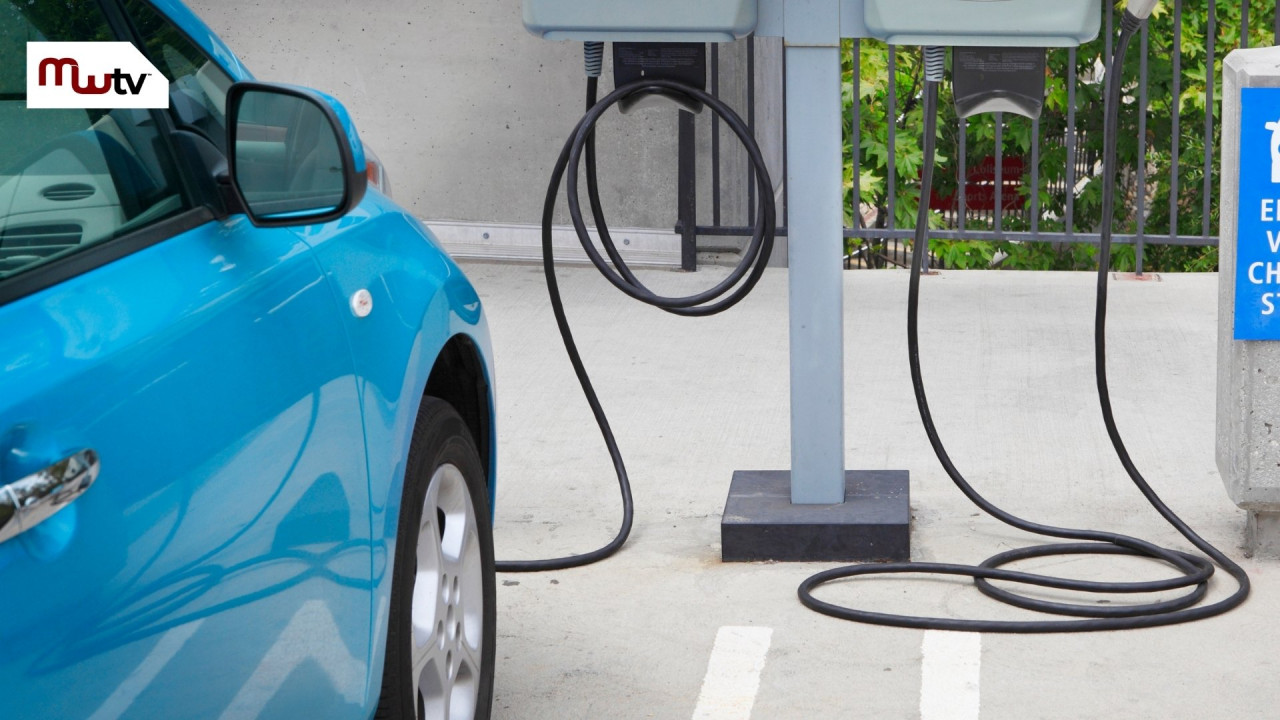
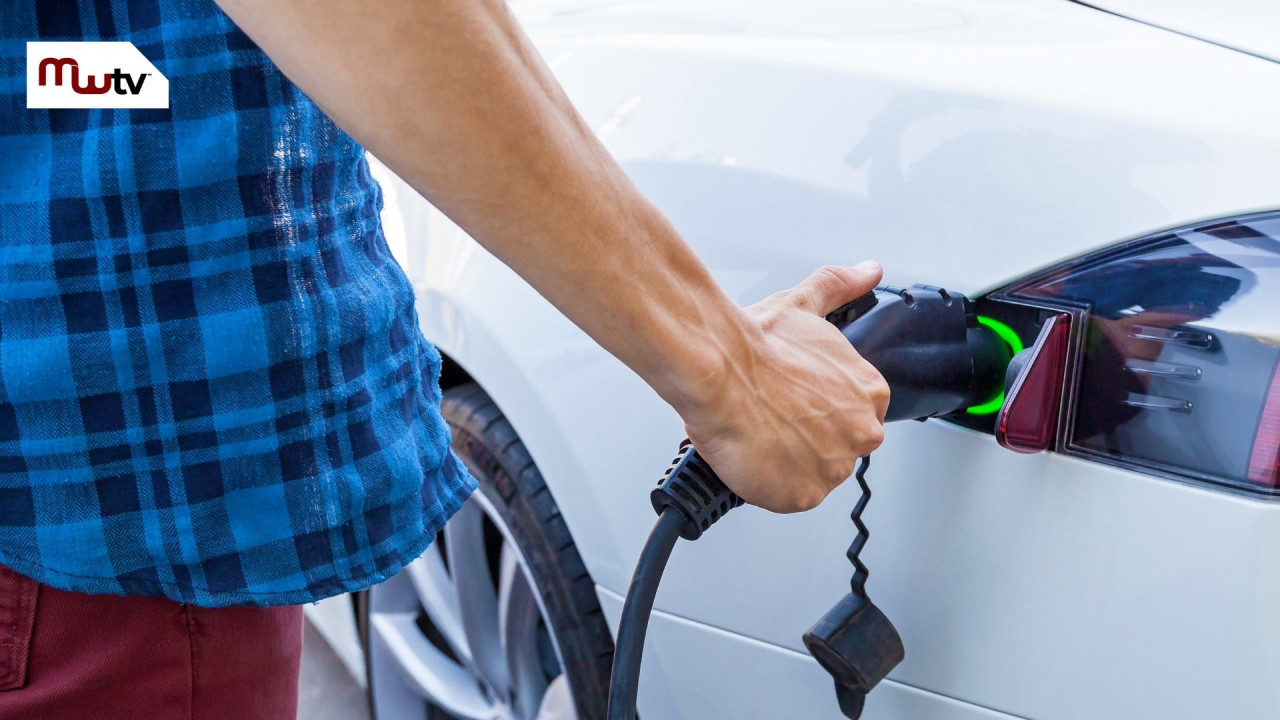
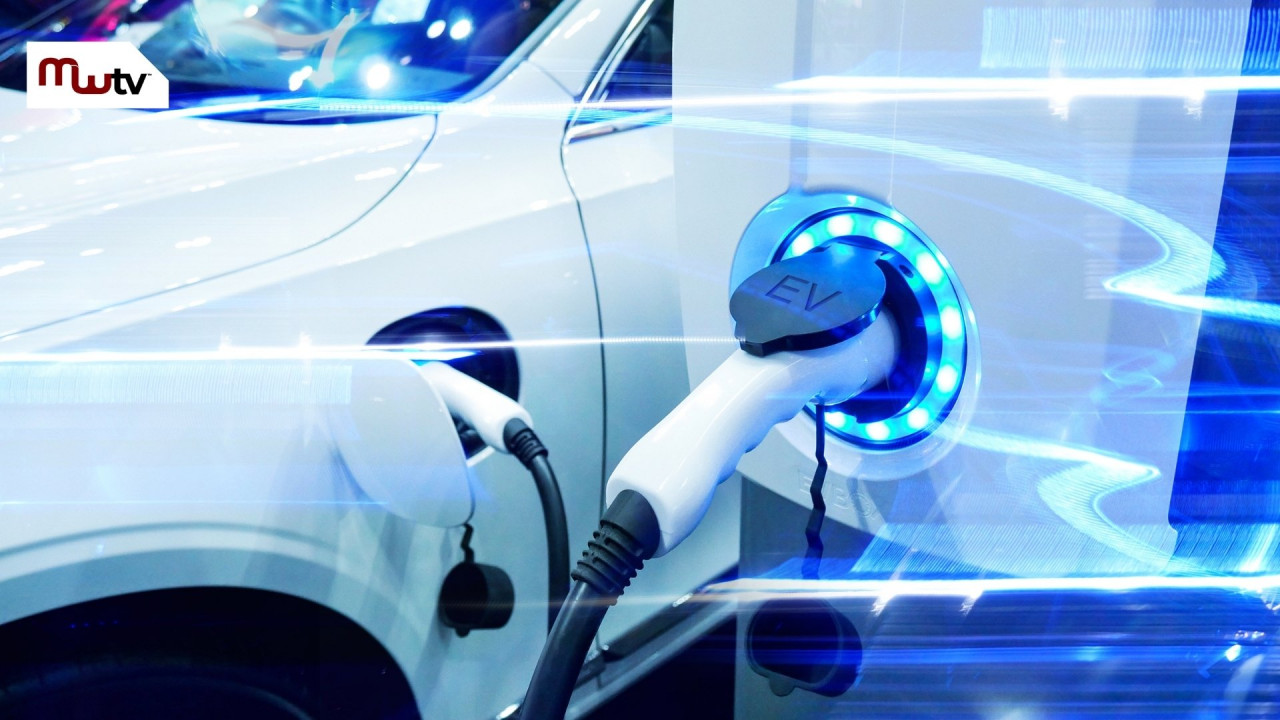
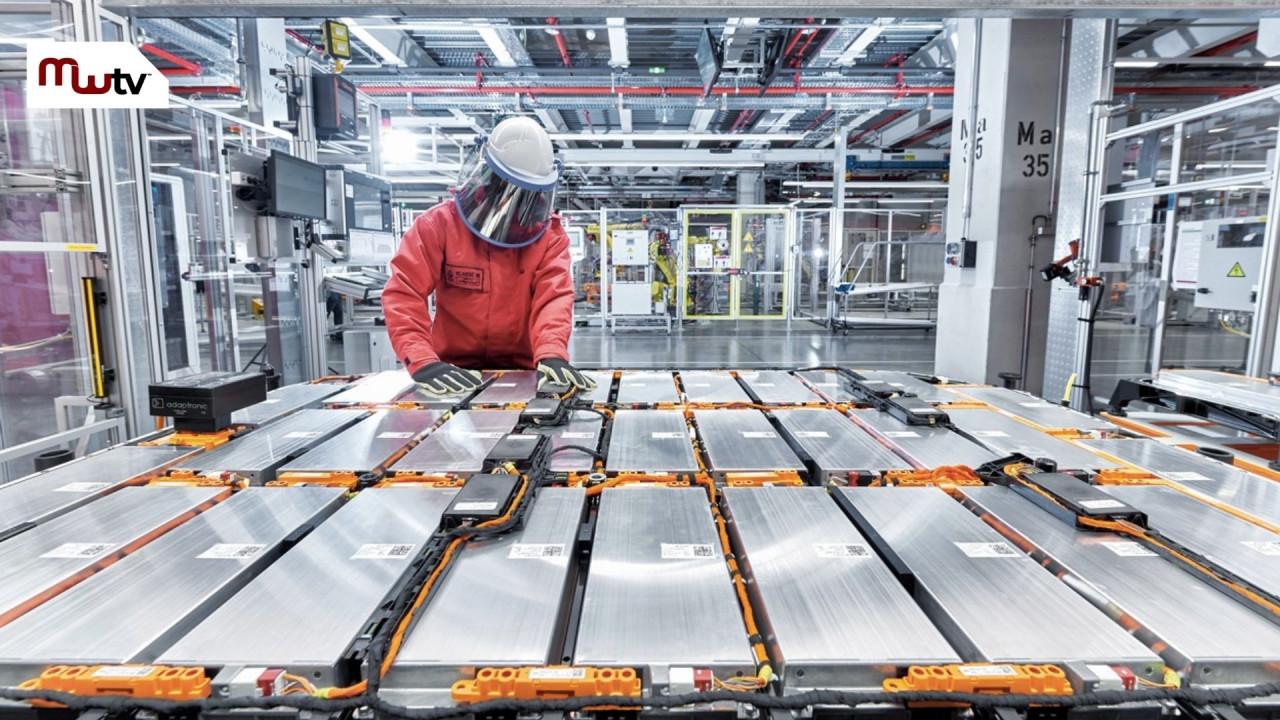
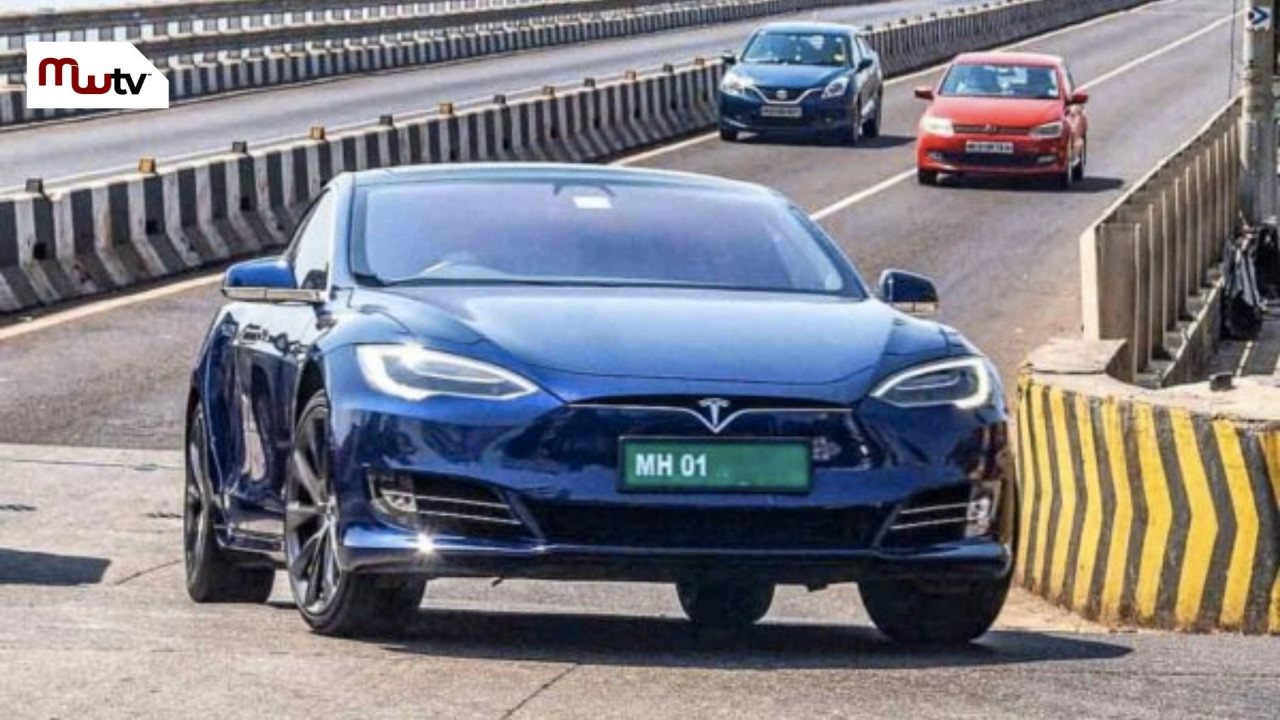


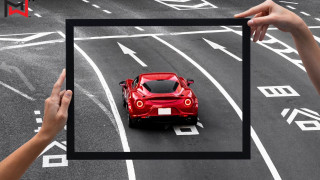


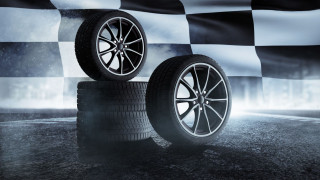

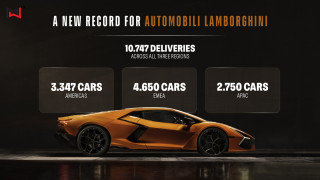

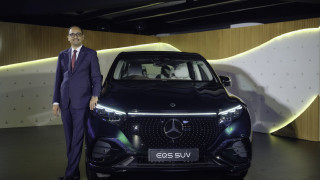


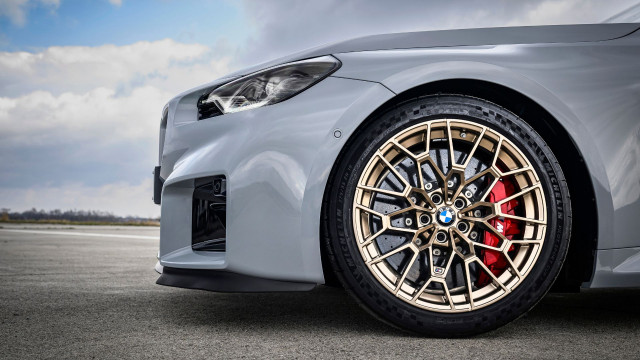

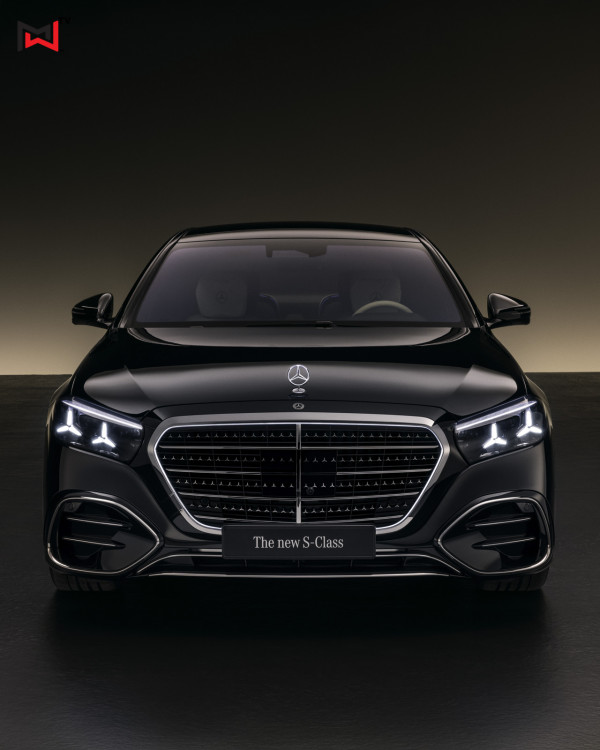

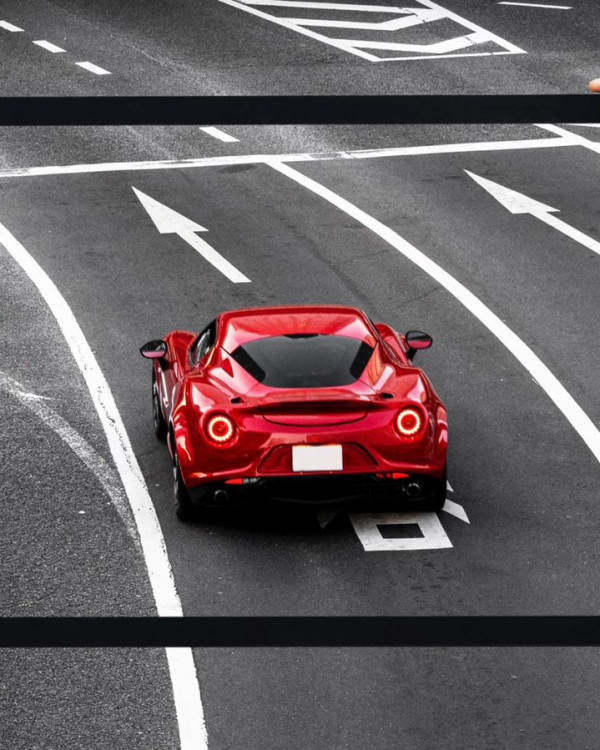

Your comment will be verified by admin before going live